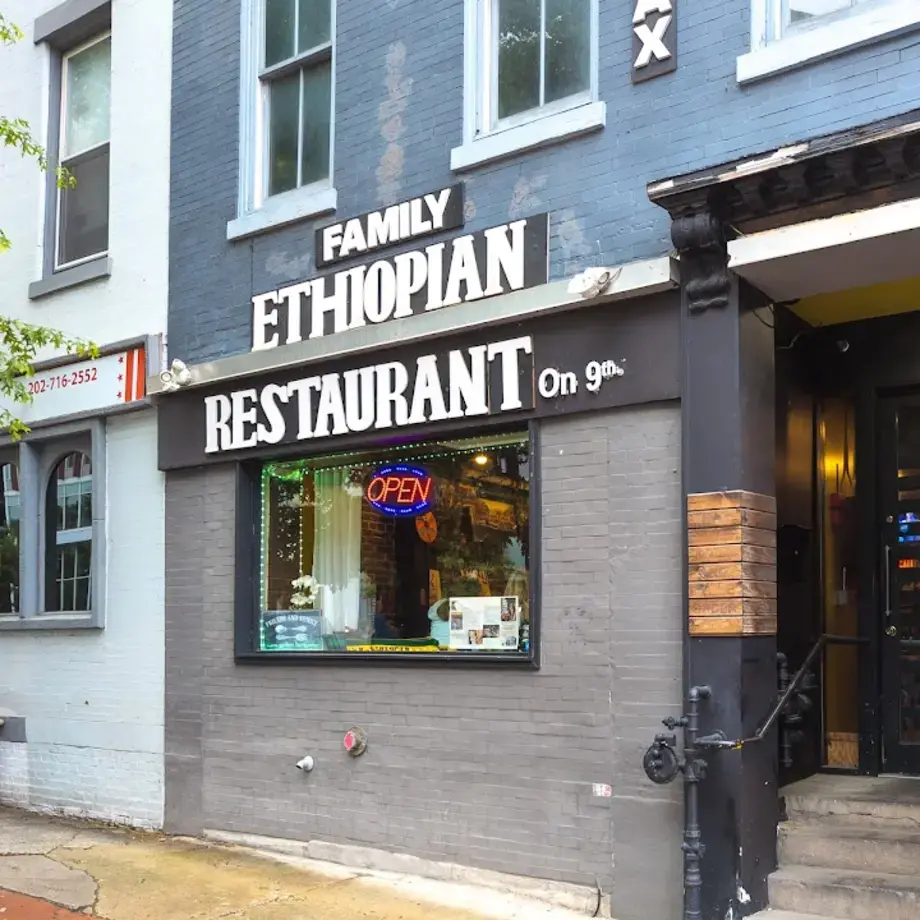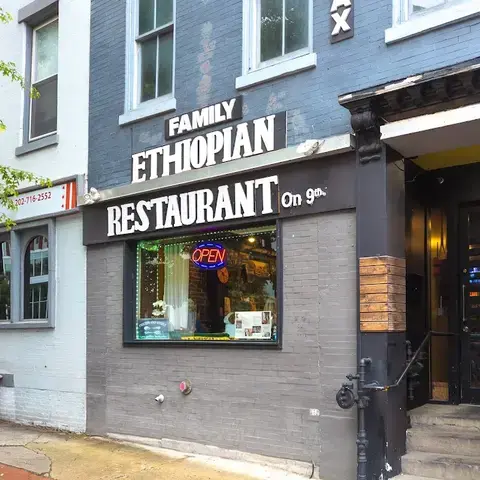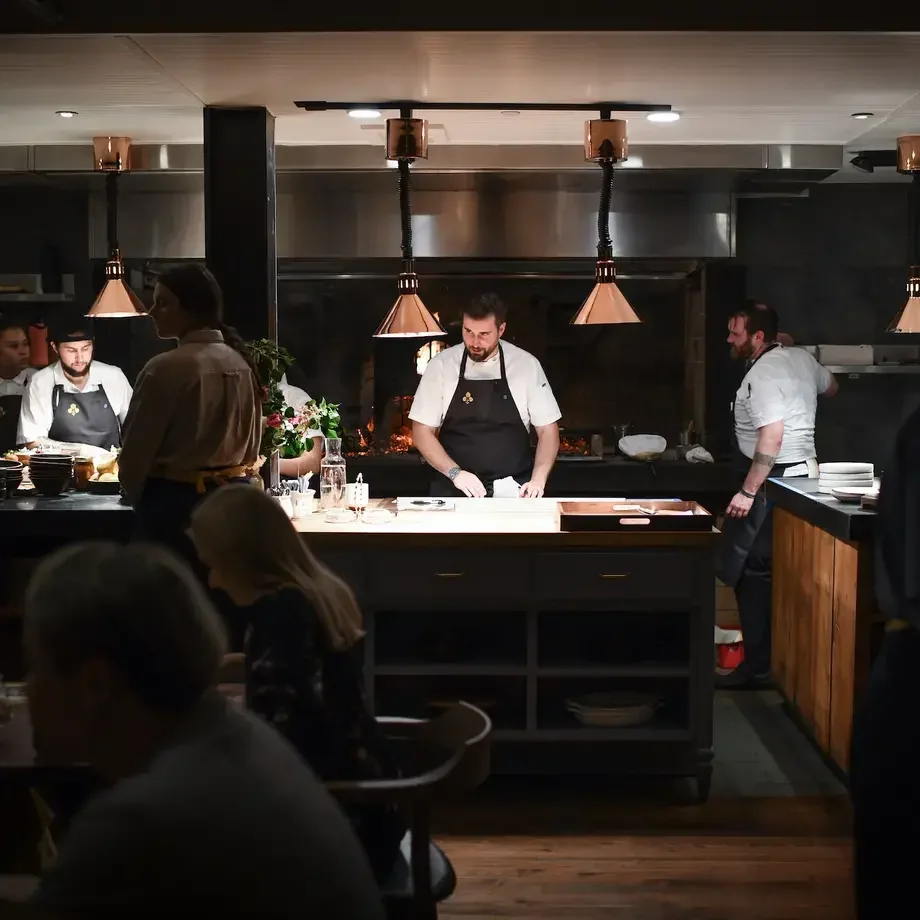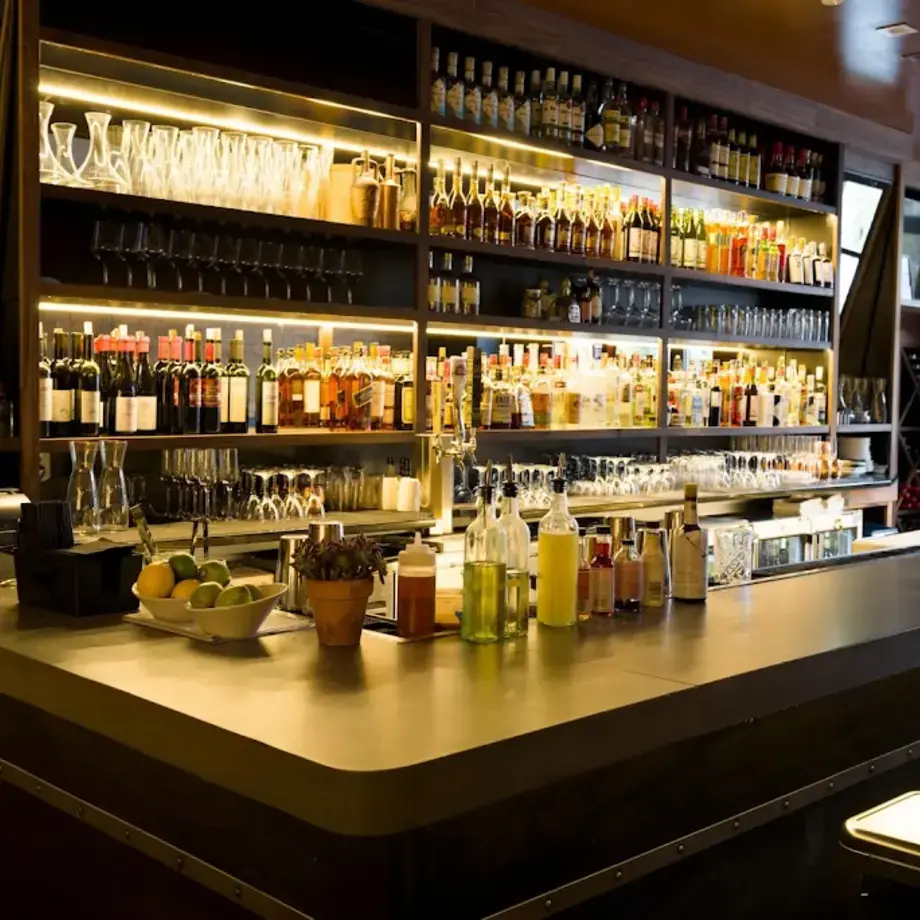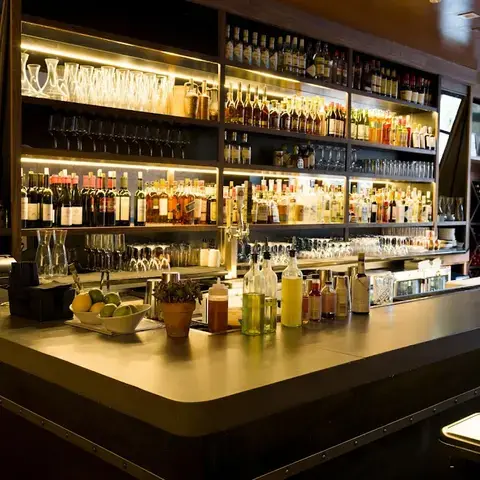At their ground-breaking Washington, D.C., restaurant, chef Rob Rubba and his business partner Max Kuller are guided by the North Star of sustainability. A term often indiscriminately thrown around without addressing its deeper meaning, Rubba defines it as, “Finding ways to exist in the world with as minimal impact as possible, while looking at everything as a complete cycle with no waste.”
Their 28-seat tasting menu affair tucked away in the buzzy Shaw neighborhood focuses on of-the-moment plant-forward cuisine (prepared vegan or vegetarian) crafted from ingredients sourced from local farmers, foragers, and specialty producers—such as Susquehanna Mills and Keepwell Vinegar—and fortified by house-made ferments and larder projects. But oysters are also a part of their offerings for myriad reasons: the restaurant’s location in the Chesapeake Bay watershed, the bivalves’ environmental health benefits, and Rubba’s desire to be a part of their regeneration after decades of exploitation and deterioration.
The menu evolves constantly, shifting with the seasons and incorporating the finest available ingredients from their network of producers. The only real constant is change. The same is true for the restaurant’s operations. Since opening in 2020, Oyster Oyster continues to set new standards for achieving their vision of sustainability, such as banning single-use plastics, favoring induction and electric cooking, composting, and finding clever uses for byproducts, such as their collaborative t-shirt with Terratela, made from discarded soybean hulls. “It's always a work in progress,” says Rubba.
Despite all the emphasis on ethos, Oyster Oyster remains a restaurant guided by a desire to provide hospitality of the highest order. “If we're not giving people a great meal with great service and a great atmosphere, the whole mission is kind of pointless,” says Rubba. “This should still be a place of joy.”


















